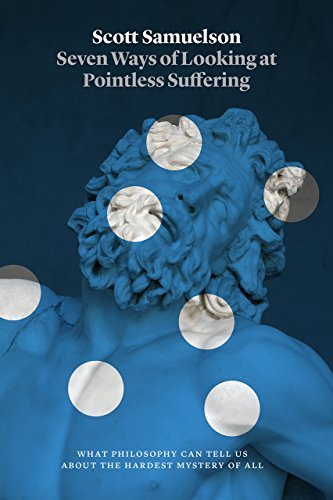What do you think?
Rate this book


272 pages, Kindle Edition
First published May 4, 2018
Thus, Confucius regards Heaven as having an amoral quality. I’ve been trying to argue that the stubborn fact of pointless suffering is constitutive of being human. Confucius doesn’t argue the point. He simply embodies it. When pointless suffering comes, he cries out. Most fundamentally, this experience of suffering is what launches his whole philosophy: it generates the sympathetic understanding and the ritual propriety that exult human life. The very definition of humanness is our ability to rise above the amoral, if not immoral, energies of nature and create a society where power operates without oppression, where who we are emerges fully in the graceful performance of our relationships to one another. But this humanness can appear and grow only against a backdrop of suffering that overwhelms us. In a sense, Confucius is more Daoist than the Daoists, more Stoic than the Stoics. He doesn’t imaginatively transform pointless suffering into something else; he lets it be just what it presents itself to be. (pp. 200-1)
It is not the pain that is pleasing to God, child, it is the soul’s endurance in faith and hope and love in spite of bodily afflictions that pleases Heaven. Pain is like negative temptation, God is not pleased by temptations that afflict the flesh; He is pleased when the soul rises above the temptation and says, “Go, Satan.” It’s the same with pain, which is often a temptation to despair, anger, loss of faith….[A Canticle is one of the greatest post-Apocalypse novels ever written and you should immediately go out and read it. :-)] [You should also read Maugham!]